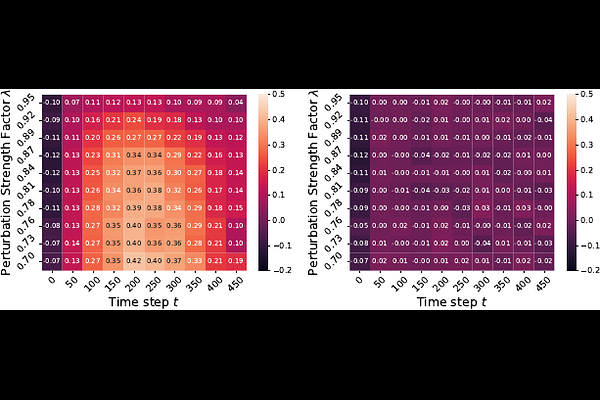A Probabilistic Fluctuation based Membership Inference Attack for Generative Models

A Probabilistic Fluctuation based Membership Inference Attack for Generative Models
Wenjie Fu Huazhong University of Science and Technology, Huandong Wang Tsinghua University, Chen Gao Tsinghua University, Guanghua Liu Huazhong University of Science and Technology, Yong Li Tsinghua University, Tao Jiang Huazhong University of Science and Technology
AbstractMembership Inference Attack (MIA) identifies whether a record exists in a machine learning model's training set by querying the model. MIAs on the classic classification models have been well-studied, and recent works have started to explore how to transplant MIA onto generative models. Our investigation indicates that existing MIAs designed for generative models mainly depend on the overfitting in target models. However, overfitting can be avoided by employing various regularization techniques, whereas existing MIAs demonstrate poor performance in practice. Unlike overfitting, memorization is essential for deep learning models to attain optimal performance, making it a more prevalent phenomenon. Memorization in generative models leads to an increasing trend in the probability distribution of generating records around the member record. Therefore, we propose a Probabilistic Fluctuation Assessing Membership Inference Attack (PFAMI), a black-box MIA that infers memberships by detecting these trends via analyzing the overall probabilistic fluctuations around given records. We conduct extensive experiments across multiple generative models and datasets, which demonstrate PFAMI can improve the attack success rate (ASR) by about 27.9% when compared with the best baseline.